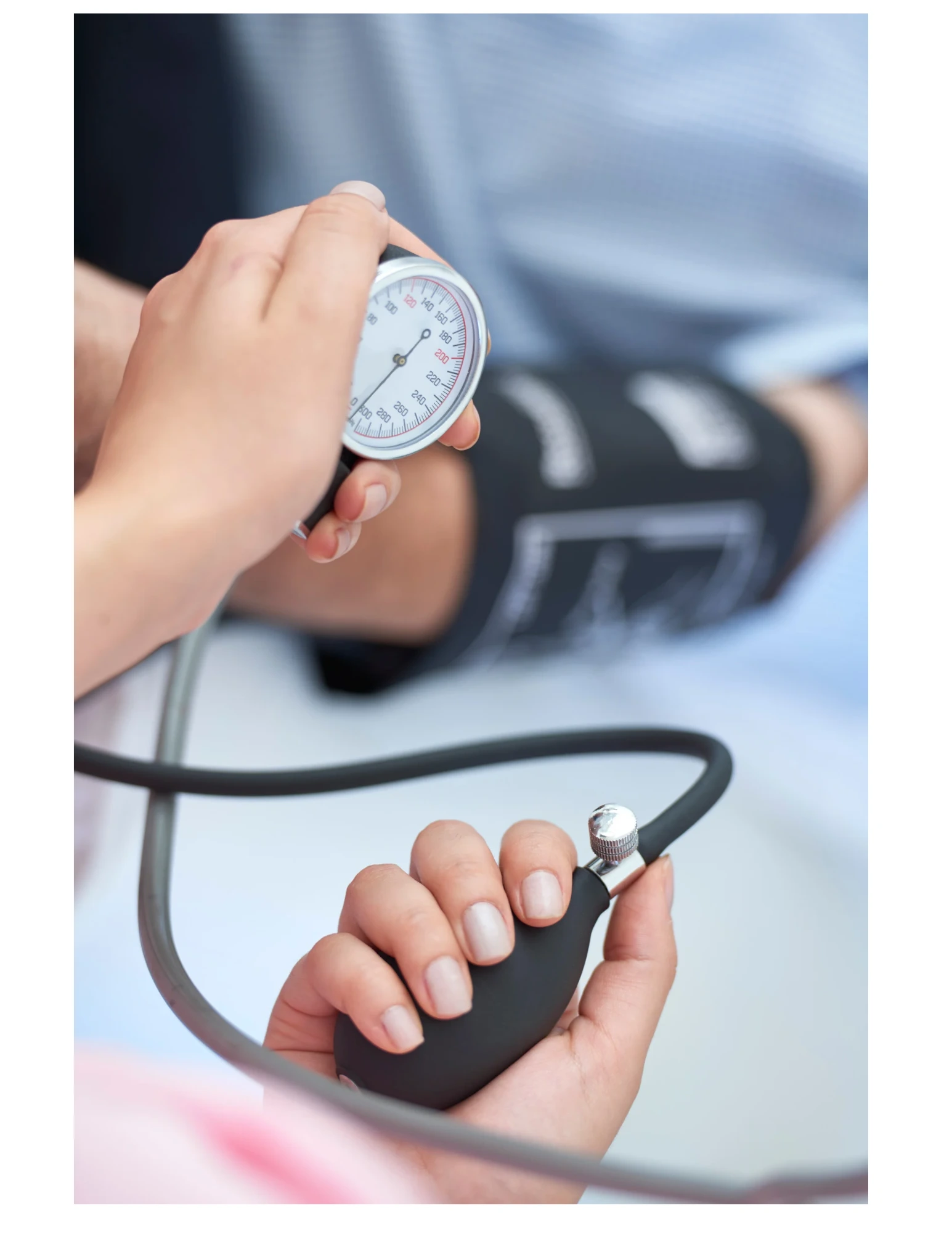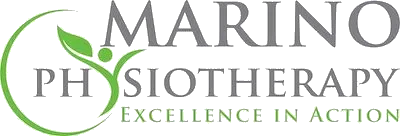POTS Management Program In Knoxville

Symptoms Of POTS
POTS can manifest as lightheadedness, fainting, and rapid heartbeat. Because of this dysfunction in the autonomic nervous system, people with POTS may have trouble staying active. Physical deconditioning can also cause symptoms to worsen. People with POTS can be helped by physical therapy and endurance training.
Our Program In Knoxville
We recognize that each person is an individual and has different symptoms, responding to treatment differently. Using a team approach, we feel it is extremely important to “meet you where you are at. Listening to your journey, finding out what the biggest areas of challenge are, and developing a program that works for you. In our sessions, we address the following pillars:
Movement/Exercise: Exercise training has been proven to expand blood volume as well as increase cardiac muscle mass and heart size. These, in turn, have been associated with improvement of symptoms.
Hydration and Nutrition: Increased fluid intake and a salty diet are very important areas of focus and can help with decreasing lightheadedness and dizziness. But it doesn’t end there. We POTS (Postural Orthostatic Tachycardia Syndrome), a form of Dysautonomia that causes rapid heart rate and an inability to tolerate being uprightwill discuss general nutrition and possible use of supplements.
Lifestyle: Here we discuss various strategies, education and emotional
support to help manage your daily activities and routines.
Sleep: Poor sleep quality can be a huge contributing factor to increased symptoms. We will talk about different options such as sleep postures, bed positioning, and relaxation techniques.
What To Expect From Physical Therapy In Knoxville?
For people with POTS, physical therapists can use different levels of exercise. For those with severe disabilities, such as bedridden patients, level one would be the best. These activities include stretching, squeezing pillows between your legs, arms, and feet, writing the alphabet with your toes, and leg lifts on your side or back. Although many of these exercises are difficult to do at first, it is worth doing some each day.
People with POTS can likely begin with level 2 exercises. Levels two and three should be preceded by a warm-up of yoga or stretching for five to ten minutes. Level two includes rowing, weight training, strength training, swimming, and recumbent biking. Some of these exercises may seem difficult at first, but they will become easier as you do them more often.
Level two exercisers with POTS can increase their exercise tolerance and move on to level three. They should be able to exercise for 45 minutes at most three times per week. These sessions should focus on cardiovascular exercise and leg strength. Examples of level three exercises include the elliptical and treadmill, stair stepper, jump rope, arm bike, and stair stepper.
Different Treatments Used At Marino Physiotherapy
The effectiveness of physical therapy for POTS has been proven to be significant in improving symptoms. Our physical therapists will help you identify endurance and strengthening exercises that can improve blood flow and reduce fatigue.
Our physical therapists might use the following treatments:
Manual therapy techniques.
Manual therapy techniques like joint mobilization or massage will be performed by your physical therapist to reduce pain, increase blood flow and improve range of motion.
Ultrasound.
This treatment stimulates blood circulation and heals by heating tissues, tendons, and muscles.
Functional strengthening.
Exercises for strength and endurance in the lower limbs will reduce fatigue, heaviness, blood flow, and other symptoms.
Stretching exercises.
Stretching can increase flexibility and blood flow, which can help reduce inflammation and pain.
POTS Treatment in Knoxville FAQs
What is POTS and how is it different from general dysautonomia?
POTS is a form of dysautonomia where heart rate rises abnormally when moving upright, leading to lightheadedness, fatigue, and exercise intolerance. It’s related to, but not the same as, general dysautonomia.
Does physical therapy help POTS?
Yes. Symptom-aware, graded exercise improves upright tolerance, circulation, and confidence. Our Knoxville team builds plans that progress from reclined to upright activities safely.
What are the best exercises for POTS?
Early on, recumbent options (rowing machine, recumbent bike, swimming, supine/side-lying strength) are usually best. As tolerance improves, we add upright walking, light intervals, and functional strength.
How do I start exercising with POTS without crashing?
Begin short, low-intensity sessions in reclined positions, increase time or intensity gradually, schedule rest days, and use pacing/intervals. We adjust your plan to symptoms rather than forcing fixed targets.
Can physical therapy reduce dizziness or “freezing” when I stand?
Targeted conditioning, breathwork, and external cueing can improve transitions and reduce lightheadedness when moving to upright.
Should I use salt, fluids, or compression for POTS?
Many patients benefit from medical guidance on hydration, electrolytes, and compression garments. We coordinate with your Knoxville clinician so your PT plan aligns with medical recommendations.
How long before I notice improvement?
Timelines vary, but consistent graded exercise often improves tolerance over several weeks. We track progress with simple, functional measures you’ll feel in daily life.
Call us Today!
Our physical therapists can help you feel great again if you have POTS or any symptoms related to it. Call us today to get started!


